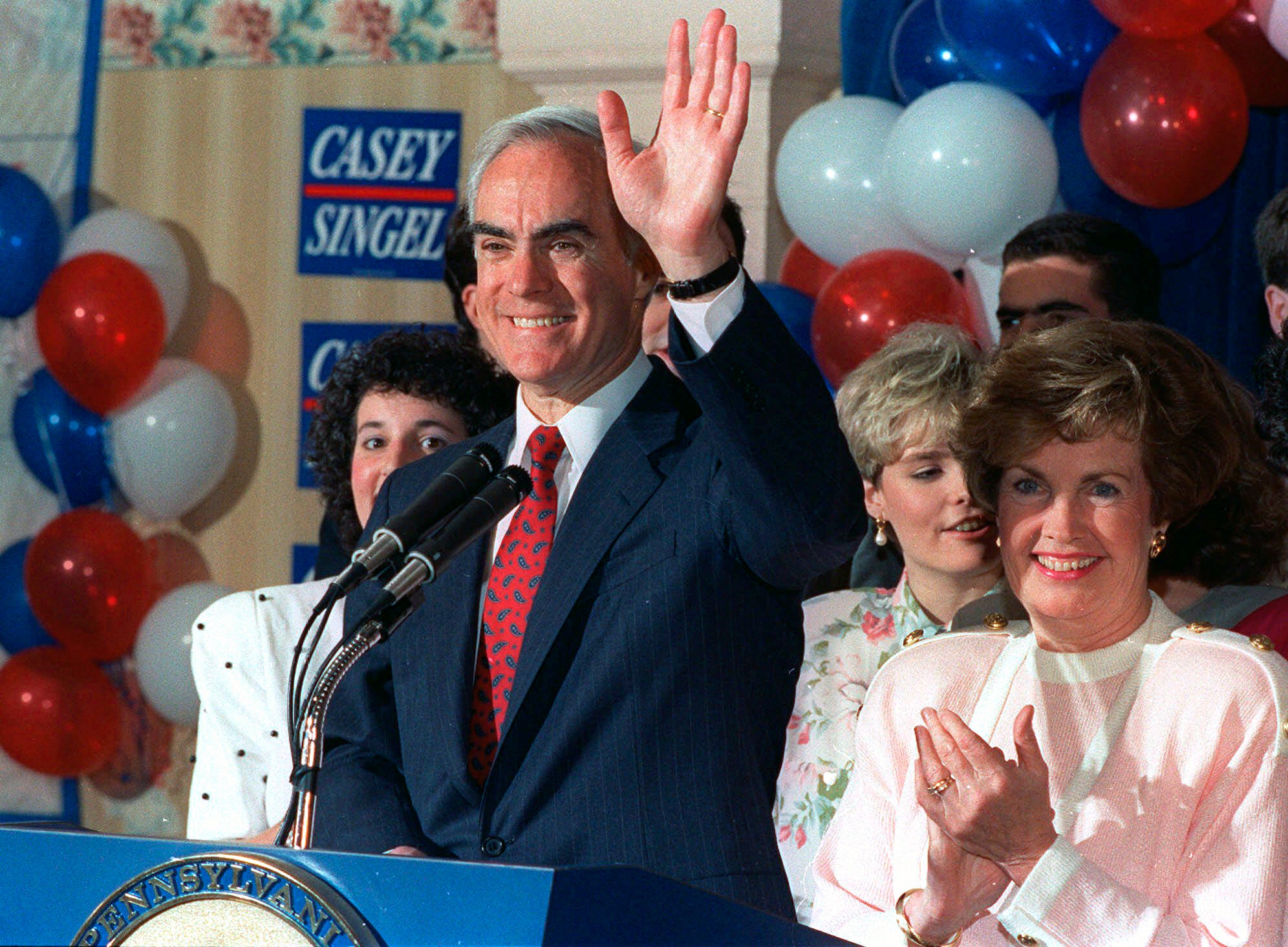What is Planned Parenthood v Casey? Landmark abortion ruling overturned alongside Roe v Wade
The 1992 Supreme Court ruling Planned Parenthood v Casey upheld rights cemented in Roe v Wade

Planned Parenthood has been leading the fight for women’s access to reproductive care in the US for more than a century - with one of the most well-known Supreme Court rulings on the issue bearing its name.
In 1992, the nonprofit took on Pennsylvania Governor Robert Casey after the anti-abortion Democrat introduced new laws restricting a woman’s access to abortion.
Three decades later, the landmark Planned Parenthood v Casey ruling has been overturned by the Supreme Court alongside Roe v Wade, which legalised abortions in 1973.
On Friday 24 June, the US Supreme Court ended the fundamental right to abortion access for millions of women across America and placed the power in the hands of the states.
In the case of Dobbs v Jackson Women’s Health Organization, the nation’s highest court ruled 6-3 in favour of a Mississippi law that outlaws abortion at 15 weeks of pregnancy.
All six conservative justices voted to uphold the state’s abortion restriction and, in the process, five – excluding Chief Justice John Roberts – voted to strike down the 1973 Roe ruling which guaranteed a constitutional right to abortion and the 1992 Casey ruling which had further cemented that right.
In the majority opinion, Justice Samuel Alito wrote: “We hold that Roe and Casey must be overruled.”
Here’s what you need to know about Planned Parenthood v Casey:
In 1992, Planned Parenthood sued Pennsylvania Governor Casey over the 1989 Pennsylvania Abortion Control Act, under which married women would have to notify their husbands before they could get an abortion and minors would have to get parental consent.
Clinics would also be required to implement a 24-hour waiting period before a woman could get an abortion.
The lawsuit went all the way to the Supreme Court where, in 1992, the justices ruled the law unconstitutional and upheld the right to an abortion based on the 14th Amendment right to privacy which was codified under Roe v Wade.
However, the ruling did make some changes to the constitutional right laid out in Roe.
The Supreme Court removed Roe’s trimester framework for when an abortion could be restricted, creating instead an “undue burden” standard.
This undue burden standard allows states to restrict abortion access so long as it does not create a “substantial obstacle” to the woman getting an abortion before the fetus is viable.
The change paved the way for some states to implement laws such as the 24-hour waiting periods – laws that pro-choice activists argue disproportionately impact low-income women and those who live far from clinics.
Yet, despite the restrictions, Casey was significant as it upheld the landmark Roe ruling from two decades earlier.
In the majority opinion, the justices stuck with the precedent set in the 1973 case, writing: “It is therefore imperative to adhere to the essence of Roe‘s original decision, and we do so today.”
Now, that precedent and the constitutional right of a woman to get an abortion has been struck down.
But Planned Parenthood is not going down without a fight.
Moments after the ruling was issued, the organisation released a statement saying: “The Supreme Court just overturned Roe v. Wade, ending our constitutional right to abortion.
“We know you may be feeling a lot of things right now — hurt, anger, confusion. Whatever you feel is OK. We’re here with you — and we’ll never stop fighting for you.”
Join our commenting forum
Join thought-provoking conversations, follow other Independent readers and see their replies
Comments
Bookmark popover
Removed from bookmarks